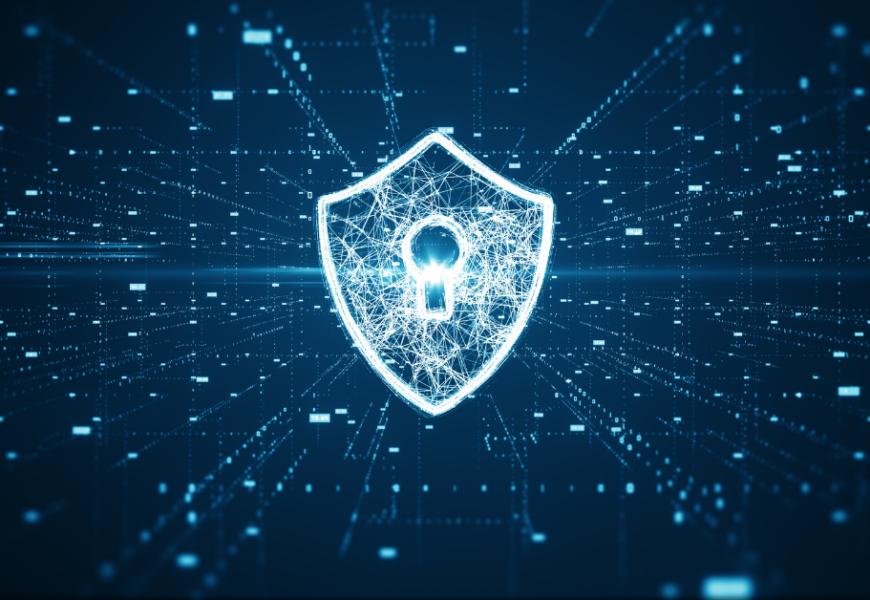In our increasingly digital world, homeowners must consider more than just traditional insurance policies to protect their assets. Cyber coverage is becoming essential to personal insurance, safeguarding against various cyber threats that can jeopardize your financial and personal security. As the holiday season approaches, many homeowners prepare for celebrations, gift-giving and the hustle and bustle of festive activities. However, amidst the joy and excitement, it’s crucial to remember that this time of year also presents unique cybersecurity risks. Now more than ever, having cyber coverage is essential to protect yourself and your family from potential threats.
Understanding Cyber Threats
As technology evolves, so do the methods used by cybercriminals. Homeowners are vulnerable to a variety of threats, including:
- Identity Theft: Personal information stored online can be stolen and used for fraudulent activities.
- Data Breaches: Cyberattacks can compromise sensitive data, from financial details to family records.
- Ransomware Attacks: Hackers can lock you out of your devices or data and demand payment to restore access.
- Social Engineering Scams: Phishing emails and fraudulent calls can trick you into providing sensitive information.
Increased Cyber Threats During the Holidays
Cybercriminals often ramp up their activities during the holidays, taking advantage of increased online shopping and holiday planning. Here are some common risks:
- Online Shopping Scams: With more consumers shopping online, fraudulent websites and phishing emails become more prevalent. Unsuspecting shoppers may fall victim to scams, resulting in lost funds or compromised personal information.
- Gift Card Scams: Scammers often target individuals with fraudulent requests for gift card purchases, leading to financial loss and identity theft.
- Social Media Risks: Sharing holiday plans or photos can inadvertently expose personal information. Cybercriminals may use this information for social engineering attacks.
- Increased Use of Smart Devices: Many people gift smart home devices during the holidays. If not properly secured, these devices can create vulnerabilities in your home network.
Why You Need Cyber Coverage
- Protection Against Financial Loss: Cyber coverage can help cover expenses related to identity theft, such as legal fees, lost wages, and recovery costs. With cybercrime on the rise, the financial implications can be significant.
- Reputation Management: If your personal information is compromised, it can affect your reputation. Cyber coverage can assist in managing public relations issues that arise from data breaches or other cyber incidents.
- Home Technology Risks: Many homeowners now have smart devices that connect to the internet. If these devices are hacked, they can lead to unauthorized access to your home network or personal data. Cyber coverage can help mitigate the risks associated with these technologies.
- Peace of Mind: Knowing you have cyber coverage allows you to navigate the digital landscape confidently. It guarantees you are protected against potential threats that could disrupt your life.
What to Look for in a Cyber Coverage Policy
When considering cyber coverage, here are a few key features to look for:
- Identity Theft Protection: Ensure the policy offers comprehensive coverage for identity theft incidents, including recovery services.
- Data Restoration Services: Look for policies that include assistance in restoring lost or compromised data.
- Legal Assistance: Coverage should include legal support in case of identity theft or data breaches.
- Coverage Limits: Understand the limits and ensure they align with your potential exposure.
In today’s digital age, cyber coverage is not just an option; it’s a necessity for homeowners. By securing this type of insurance, you proactively protect your personal information, financial assets and overall peace of mind. Don’t wait for a cyber incident to occur—talk to us today about how cyber coverage can fit into your homeowner’s insurance policy and safeguard your home in the digital age.










